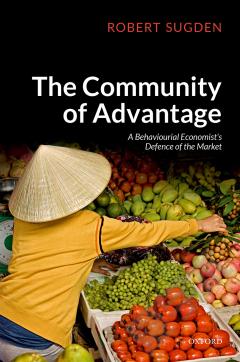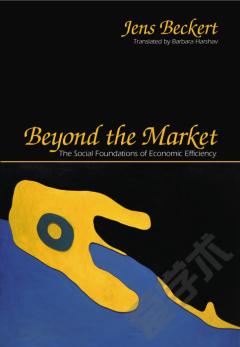The Community of Advantage —— A Behavioural Economist's Defence of the Market
----- 优势共同体:行为经济学家的市场辩护
Normative analysis in economics has usually aimed at satisfying individualsâ preferences. Its conclusions have supported a long-standing liberal tradition of economics that values economic freedom and views markets favourably. However, behavioural research shows that individualsâ preferences, as revealed in choices, are often unstable, and vary according to contextual factors that seem irrelevant for welfare. The Community of Advantage proposes a reformulation of normative economics that is compatible with what is now known about the psychology of choice. Other such reformulations have assumed that people have well-defined âlatentâ preferences which, because of psychologically-induced errors, are not always revealed in actual choices. According to these reformulations, the economistâs job is to reconstruct latent preferences and to design policies to satisfy them. I argue that latent preference and error are psychologically ungrounded concepts, and that economics needs to be more radical in giving up rationality assumptions. I advocate a kind of normative economics that does not use the concept of preference. Its recommendations are addressed, not to an imagined âsocial plannerâ, but to citizens, viewed as potential parties to mutually beneficial agreements. Its normative criterion is the provision of opportunities for individuals to participate in voluntary transactions. Using this approach, I reconstruct many of the normative conclusions of the liberal tradition. I argue that a well-functioning market economy is an institution that individuals have reason to value, whether or not their preferences satisfy conventional axioms of rationality, and that individualsâ motivations in such an economy can be cooperative rather than self-interested.
{{comment.content}}








 京公网安备 11010802027623号
京公网安备 11010802027623号